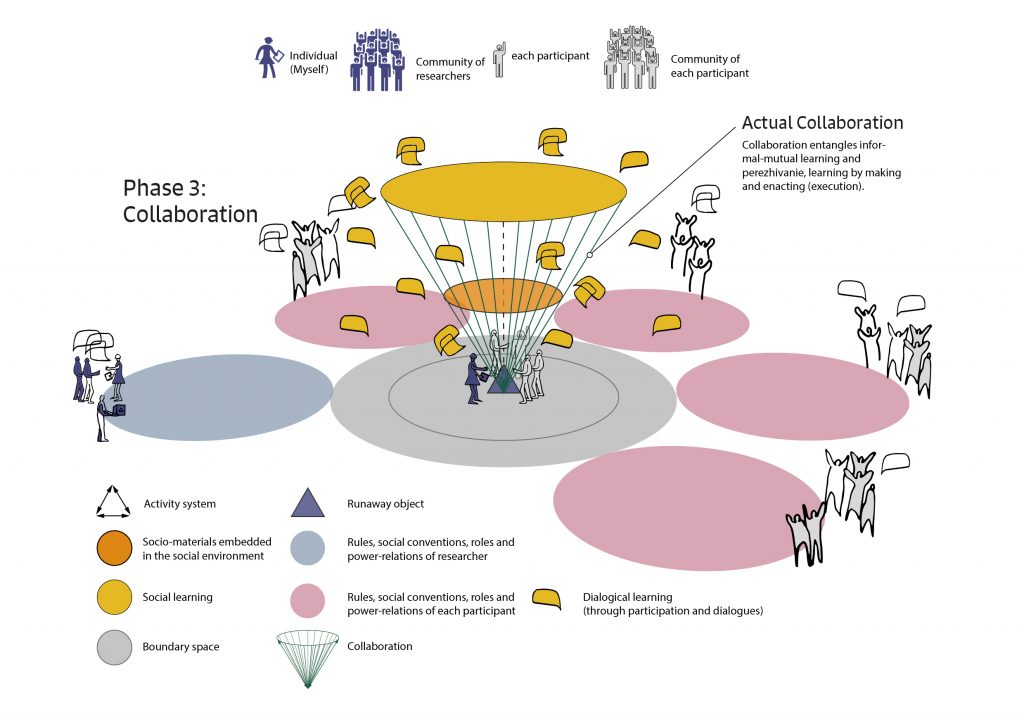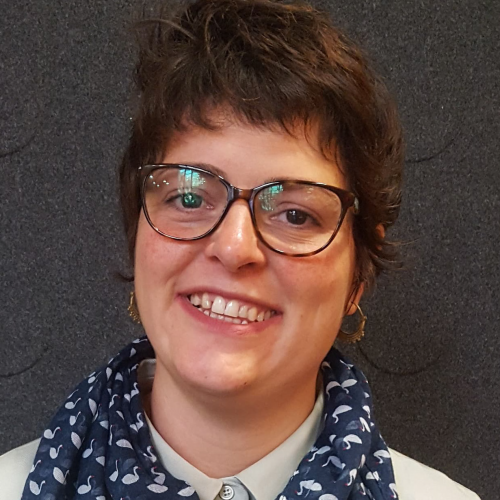Mirian is a Lecturer in Participatory Architecture at Lancaster School of Architecture, and a member of the ImagintionLancaster cross-disciplinary design research group at Lancaster University (LU). Previously she was a Lecturer in Design and Architecture at the University of the West of England (UWE). Mirian’s research explores other ways of doing architecture by strengthening community engagement in the transformation of the built environment. Such a transformation comprises the emergence of shared meanings, creating an environmental system that operates on symbolic and emotional levels. Her research also explores the interaction between citizens and the Public Sector in the built environment, and how co-design can be a driver for change in architectural processes.
Her core research draws a convergent path in-between the designing of spatial conditions and human agency with a focus on activating genuine collaboration to support social innovations. Mirian leads research within the Community and the Public Sector Cluster at LICA (ImaginationLancaster) with a particular focus on merging participatory architecture and co-design frameworks. E.g. she is leading MyMainway, a six-month consultancy project in partnership with Lancaster City Council (LCC), which consists of a series of public engagement events of different nature – from August 2020 to January 2021 – seeking to build a close-knit collaboration with Mainway residents to collectively reimagine the future of the social housing estate. Here participatory architecture stands for the democratisation of the production of social space. It employs designerly engagements to build a bridge between political, social, and economic agents, and citizens.
Her doctoral thesis explored the intrinsic relationship between mutual learning and community-based co-design, focusing on how such a relationship influences the co-design process. She participated in several research projects such as Emotional City, The Political Lab, and Leapfrog. She also has experience as a co-design consultant for European non-profit organisations such as beentheretogether. Currently, she is a co-investigator of the EPSRC project Embedded Intelligent Empathy in Design.

PhD diagram phase 3 of the theoretical framework: participants enacting genuine collaboration, 2019.
She has presented her work at international conferences such as the Design Research Society, the European Academy of Design or Design Principles and Practice, and has had her work published in the Design Journal and the International Journal of Art & Design Education. She is also a member of the Scientific Committee of BAc (scientific publication of contemporary architecture) and part of the international review board of Charrette , discern (International Journal of Design for Social Change, Sustainable Innovation and Entrepreneurship), and ServDes 2018 Conference.
Mirian has both an academic and a professional background in participatory architecture, urban planning, design innovation, design ethnography and co-design. Driven by her curiosity in understanding the symbiotic relationship between environmental conditions and people, she has acquired a unique set of design research skills and knowledge which enables her work at the edges of a wide range of disciplines, understanding and analysing their potentialities, and bringing their valuable contributions to animate and strengthen design research and architectural transformations.
Mirian is particularly interested in supervising research projects that investigate new radical collaborative practices in Design and Architecture, including technology-mediated engagement in participatory processes. Theoretical and methodological innovations in the development of distributed, practice-based transformative rural and/or urban environments are another key focus.
ResearchGate
Google Scholar citations
Academia.edu


